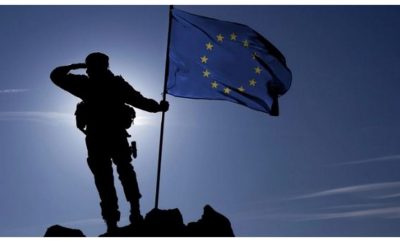
NATO after Vilnius
If NATO allies want to support Kyiv effectively and reinforce deterrence, they need to build up their industrial capacity and strengthen NATO’s European pillar.
NATO has come a long way since French President Emmanuel Macron called the alliance ‘braindead’ before its London summit in late 2019. Vladimir Putin’s large-scale assault on Ukraine in February 2022 re-energised NATO, giving it a renewed sense of purpose. The alliance has refocused on its core task of deterring Russia, and its membership has grown with Finland having joined and Sweden in the process of doing so.
When NATO leaders meet in Vilnius, 11-12 July 2023, they will have to address many issues, including whether to appoint a new Secretary General or to extend Jens Stoltenberg’s term again – with the latter more likely. Leaders will have to navigate internal tensions on issues such as what NATO’s role should be in addressing the challenge from China or over Ankara’s foreign policy and its opposition of Sweden’s accession to NATO. However, the most important items on the agenda will be how to ensure continued support for Ukraine and to address Kyiv’s request for NATO membership; and how to strengthen deterrence against Russia. Ultimately, NATO’s ability to support Ukraine in the long-term and to credibly deter Moscow hinges on European members of the alliance taking on more responsibility for their own defence rather than relying primarily on the US.
Συνέχεια εδώ




